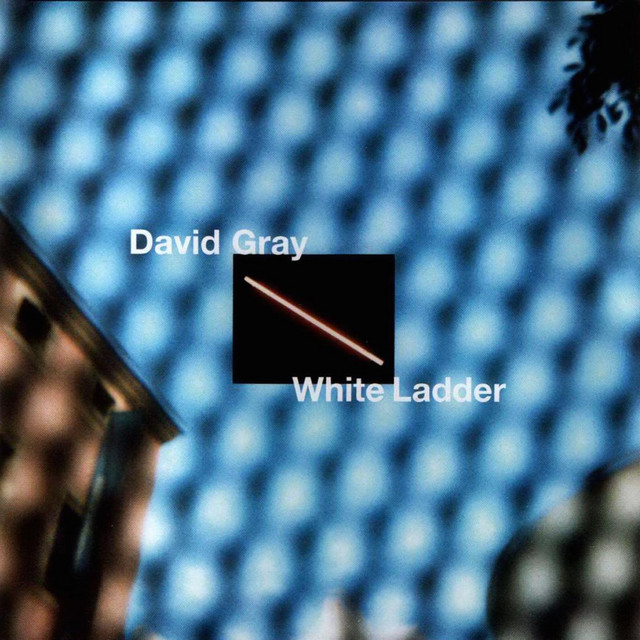David Gray’s ‘This Year’s Love’, released under Atlantic Records UK in 1998, is a poetic masterpiece that straddles the fine line between the constancy of love and the inevitability of change. It’s clear that with this song, Gray is not merely serenading; he is philosophizing about the temporal nature of love, while harboring a desire for permanence.
The lyrics are beautifully layered with longing, hope, and a sense of urgency—’This year’s love had better last / Heaven knows it’s high time.’ It’s not merely an incantation for love to linger, but a plea against time, against the hurly-burly of life which often wears down even the strongest bonds. The pattern of repetition embodies both the cyclic nature of time and love’s continuity against it.
David Gray tugs the heartstrings with raw confessions like ‘Feeling like you can’t go on’ and ‘Before I open up my arms and fall’. They are not merely words on a page; they are a vivid portrayal of vulnerability, the innate human fear of heartache, and the risk entailed in entrusting one’s heart to another.
Yet, amidst these confessions, there are glimmers of hope and resilience. Gray reminds us of life’s sweet moments, ‘Singin’, ‘Ain’t this life so sweet”. The longing for lasting love, the bittersweet acknowledgment of previous hurt, the determination to move forward regardless, it’s a cycle that keeps spinning ‘Turning circles and time again’.
Embedded in ‘This Year’s Love’ is a potent message – change may be an inherent part of life and love, but it’s the hope for a love that ‘had better last’ that keeps us going. With his unforgettable lyrics, Gray masterfully drapes this timeless theme with fresh relevance, crafting a song that resonates in the hearts of millions, reflected by its massive Spotify streams of over 184 million.
As the final echoes of ‘This year’s love had better last’ fade away, we are left with both the sweetness and pain of love’s dichotomy. It’s a testament to Gray’s songwriting genius, sweeping listeners off their feet with every listen.

Leave a Reply